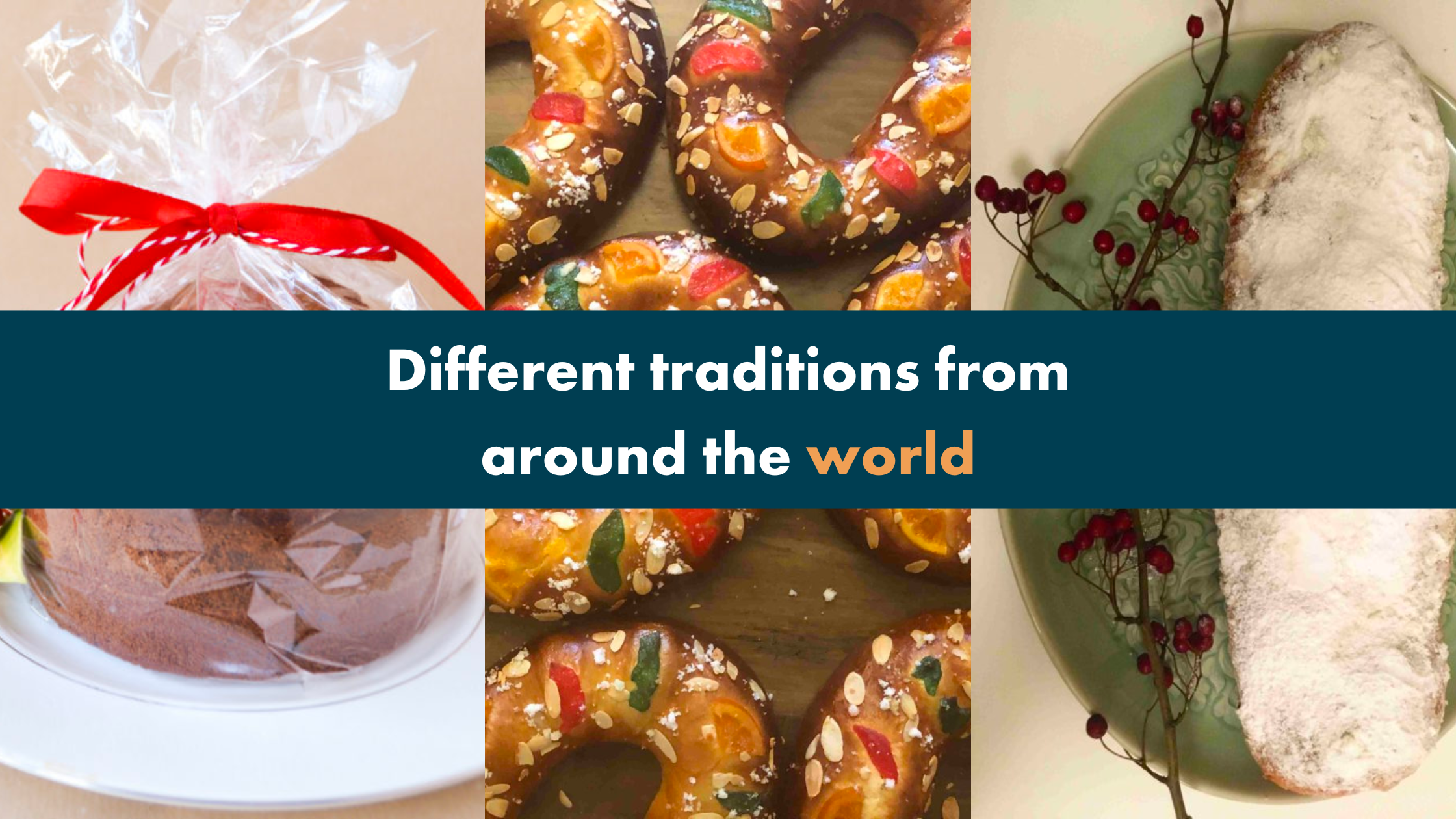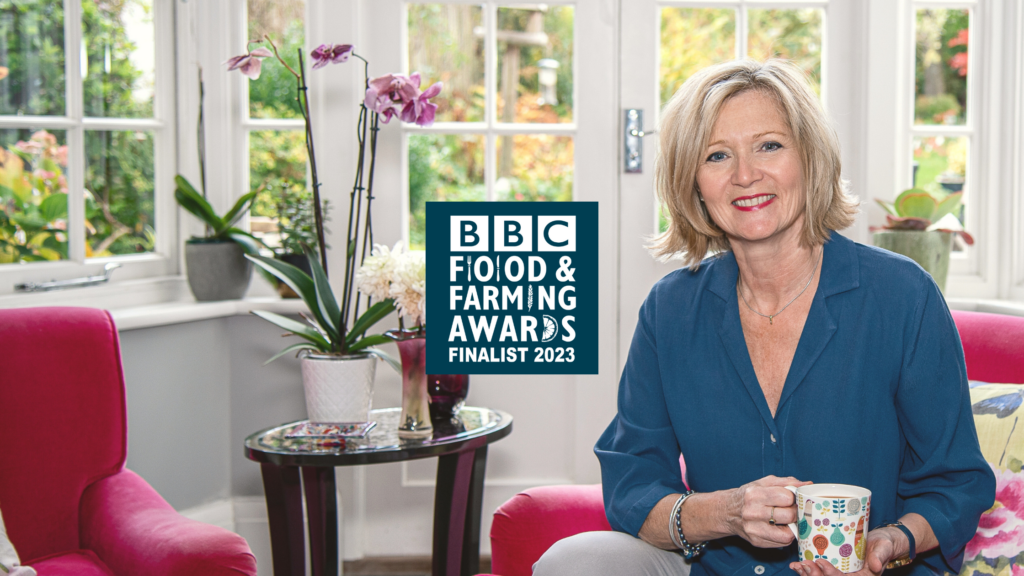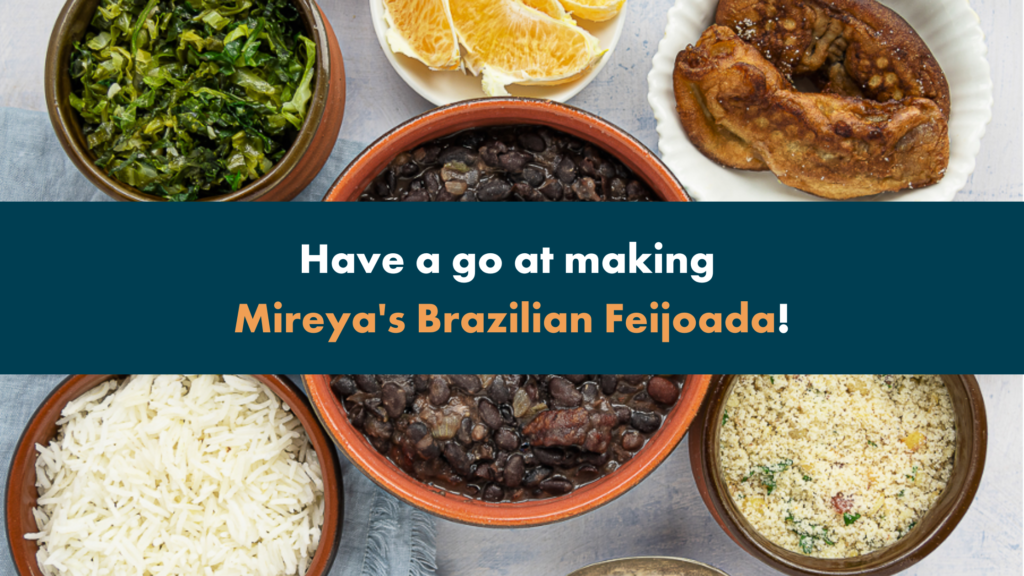No products in the basket.

CALLING ALL TALENTED HOME-COOKS IN THE UK
I found out that All About The Cooks is looking for talented cooks all over the UK to make money cooking from home. I think you’d be great at this!
You can find out more here: allaboutthecooks.co.uk/become-a-cook/











